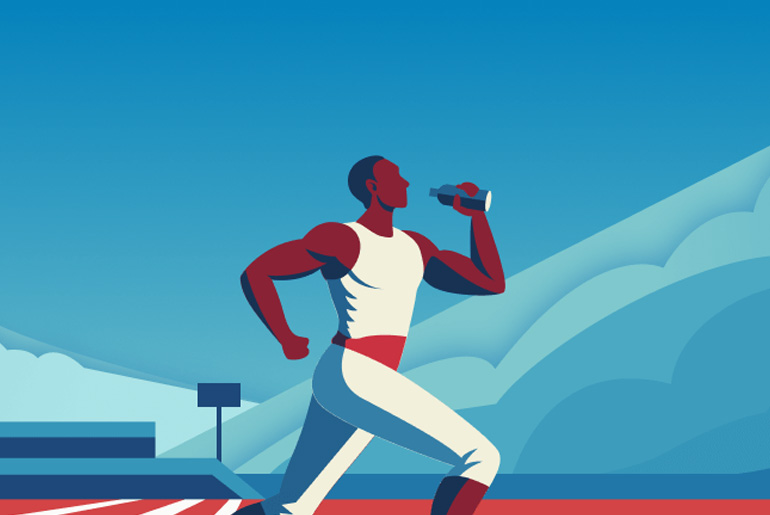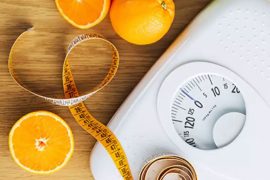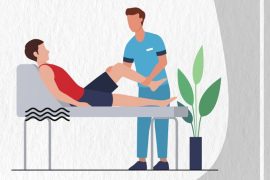Humid conditions can profoundly affect the body by impairing sweat evaporation, leading to increased sweat production and a higher risk of dehydration. This can result in heat-related illnesses such as heat exhaustion and heat stroke, decreased athletic performance, and reduced endurance. The athletes body’s struggle to regulate temperature in high humidity can also affect breathing efficiency and overall comfort. To mitigate these effects, it is crucial to stay well-hydrated, wear appropriate clothing, and adjust activity levels based on environmental conditions.
Humid conditions can significantly impact your body, especially if you’re an athlete. Here’s a detailed summary of how humidity affects the body and athletic performance:
1. Increased Sweat Production
- Mechanism: Humidity makes the air saturated with moisture, which impairs the evaporation of sweat. Since sweat is the body’s primary cooling mechanism, reduced evaporation forces the body to produce even more sweat to maintain a stable internal temperature.
- Effects: This can lead to dehydration, as the body loses fluids more rapidly. Athletes may experience excessive sweating, which can lead to a quicker loss of electrolytes like sodium and potassium.
2. Impaired Thermoregulation
- Mechanism: The body relies on the evaporation of sweat to cool down. In high humidity, the reduced evaporation rate means the body struggles to release heat effectively.
- Effects: Athletes may experience a higher core body temperature, which can result in heat exhaustion or heat stroke. Symptoms include dizziness, nausea, rapid heartbeat, and confusion.
3. Dehydration Risk
- Mechanism: Excessive sweating without adequate fluid intake can lead to dehydration.
- Effects: Dehydration affects performance by reducing endurance, increasing fatigue, and impairing cognitive function. It also raises the risk of heat-related illnesses.
4. Electrolyte Imbalance
- Mechanism: Along with sweat, electrolytes are lost, which are crucial for muscle function and nerve signaling.
- Effects: Imbalance in electrolytes can lead to muscle cramps, weakness, and even more severe issues like heat cramps or heat exhaustion.
5. Reduced Performance
- Mechanism: The combination of dehydration, electrolyte imbalance, and impaired cooling can affect an athlete’s performance.
- Effects: Athletes may experience reduced strength, speed, and endurance, and may find it harder to maintain their usual intensity levels.
6. Increased Risk of Heat-Related Illnesses
- Mechanism: Prolonged exposure to high humidity can lead to various heat-related illnesses.
- Effects: These include heat exhaustion, heat stroke, and heat cramps. Heat stroke is particularly dangerous, characterized by a core body temperature exceeding 104°F (40°C), and requires immediate medical attention.
7. Breathing Difficulties
- Mechanism: High humidity can make the air feel heavier, which can be more challenging for athletes to breathe.
- Effects: This can exacerbate respiratory conditions like asthma and make breathing feel more labored, impacting overall performance.
8. Skin Issues
- Mechanism: Prolonged sweating in high humidity can lead to skin problems.
- Effects: Conditions like heat rash or fungal infections may become more prevalent due to the constant moisture and friction.
Management Strategies
- Hydration: Regularly consume fluids before, during, and after exercise. Sports drinks can help replenish electrolytes.
- Acclimatization: Gradually increase exposure to humid conditions to allow the body to adapt.
- Cooling Techniques: Use fans, cool towels, or ice packs to help lower body temperature.
- Appropriate Clothing: Wear light, breathable, and moisture-wicking clothing to aid in cooling and moisture management.
- Timing: Schedule workouts during cooler parts of the day, if possible, to avoid peak heat and humidity.
Understanding and managing the effects of humidity can help athletes maintain performance and reduce the risk of heat-related issues.
Disclaimer:
The information contained in this article is for educational and informational purposes only and is not intended as a health advice. We would ask you to consult a qualified professional or medical expert to gain additional knowledge before you choose to consume any product or perform any exercise.







